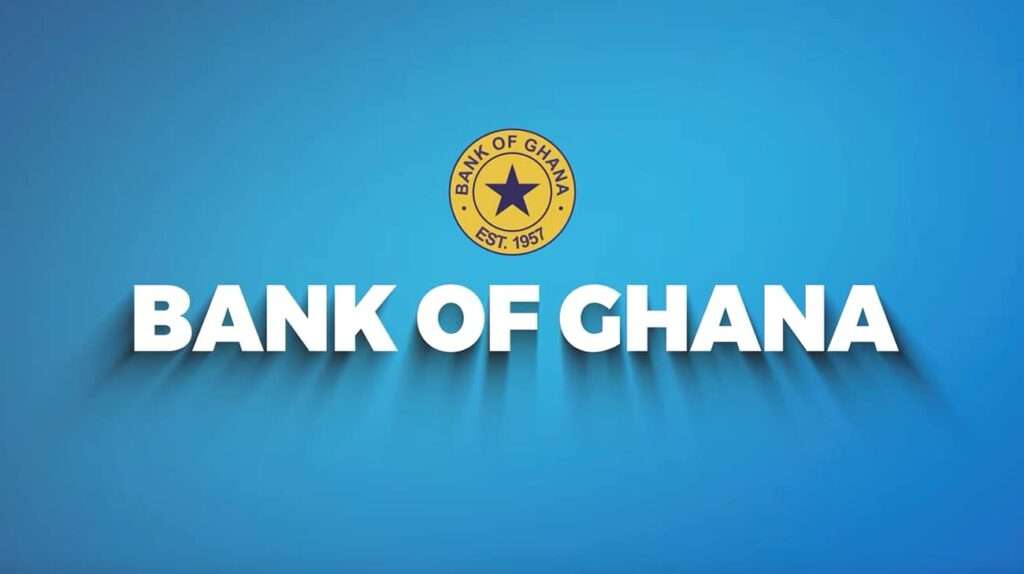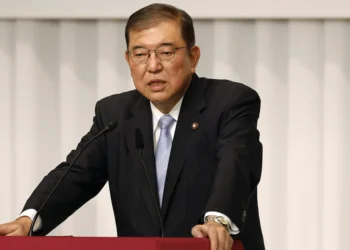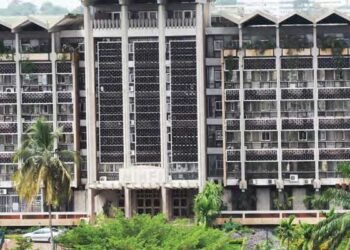Vice President of IMANI Africa, Bright Simons, has raised questions over the banking sector cleanup carried out under the New Patriotic Party (NPP) administration.
He cautioned that the controversies surrounding the exercise remain unresolved and will likely resurface as the National Democratic Congress (NDC) government moves to fulfill its manifesto promise of reviewing the closures.
The NDC, which returned to power under President John Dramani Mahama in 2025, pledged to address concerns over how the licenses of several financial institutions were revoked.
“The party’s manifesto stated that it would review the withdrawal of banking licenses by the NPP Government and implement fair arbitration to restore trust in our financial system and provide opportunities for experienced bankers who lost their jobs”
Bright Simons, Vice President of IMANI Africa
Simons noted that the impact of the cleanup continues to shape public discourse, particularly as lobbying by affected businesspeople intensifies. According to him, much of the public may not have fully grasped the uneven basis on which the Bank of Ghana (BoG) acted during the exercise.

“There were banks like Unibank that were quite simply insolvent and, by law, had to be ‘resolved’,” he said, clarifying that some institutions were indeed beyond redemption. However, others such as Heritage Bank and Construction Bank were closed under different circumstances.
Simons pointed out that in Heritage Bank’s case, insolvency was not the primary issue, as the credibility of Heritage Bank’s lead shareholder was called into question.
“BoG said that apart from failing to meet new minimum capital rules, they didn’t trust how the owners (of Heritage Bank) got the money to open the bank.
“The BoG went as far as suggesting that the lead shareholder of Heritage Bank is not a ‘fit and proper person’ under the regulatory rules to own a bank”
Bright Simons, Vice President of IMANI Africa
The IMANI Vice President underscored that such decisions remain contentious and are bound to draw renewed scrutiny once the new government begins its promised forensic audit into the cleanup’s costs and the Bank of Ghana’s reasoning.

Persistent Controversies and Government Review
The banking sector cleanup, which began in 2017, led to the closure of nine universal banks, 23 savings and loans companies, and over 300 microfinance institutions.
At the time, the BoG defended the exercise as necessary to safeguard the financial sector. Yet, the fallout included job losses, financial claims, and ongoing legal disputes. Simons suggested that the controversies surrounding the process were inevitable.
“Those controversies would persist when, or if, the government gets round to fulfilling its manifesto promise to order a forensic audit. We at IMANI have had a longtime interest in this matter. We have continued to study all the relevant documents and to gather intel”
Bright Simons, Vice President of IMANI Africa
He explained that IMANI’s interest in examining documentation and tracking developments on the banking sector cleanup, is to inform its advocacy when the time comes for the issue to be properly addressed under the NDC government.
He noted that one of the most contentious issues from the cleanup has been the application of the “fit and proper” test, which is used by regulators to determine whether individuals are qualified to own or manage banks.

“Like one former bank owner setting up a private clinic and getting a politically exposed person to run it without full compliance with certain important regulations,” he reflected on the broader implications, adding that such situations complicate the notion of regulatory propriety.
“The question that this kind of thing raises for me is whether the ‘fit and proper’ test is even valid in the political economy context of a country like Ghana with its peculiar culture of regulatory discretion. It is tough”
Bright Simons, Vice President of IMANI Africa.
With the Mahama administration under pressure to revisit the matter, the spotlight on the Bank of Ghana’s role, regulatory credibility, and restitution demands by affected businesspeople is expected to intensify.
READ ALSO: Qatar Confirms Hamas’ Response To Gaza Ceasefire Proposal



















